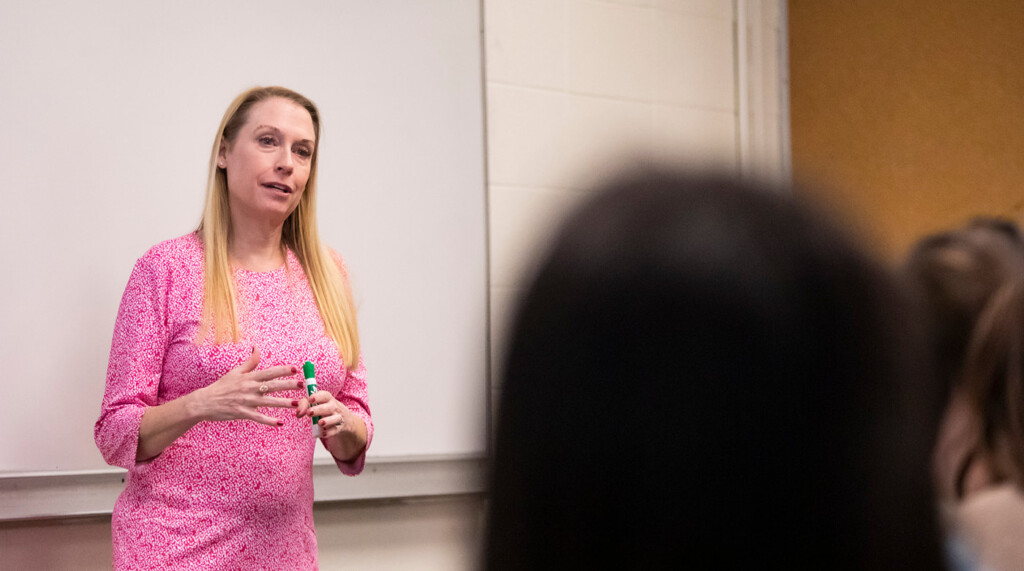Page 33 • (601 results in 0.024 seconds)
-
; the second-place award will be $250. Essays should reflect Raphael Lemkin’s ideals and concerns to include such topics as the concept and definition of genocide, ethical and legal aspects of genocide and international law, prevention of genocide and enforcement of the genocide convention, historical incidents of genocide, current events and the issue of genocide or other appropriate essay topics discussed and negotiated between contestants and the faculty review committee prior to the final
-
; the second-place award will be $250. Essays should reflect Raphael Lemkin’s ideals and concerns to include such topics as the concept and definition of genocide, ethical and legal aspects of genocide and international law, prevention of genocide and enforcement of the genocide convention, historical incidents of genocide, current events and the issue of genocide or other appropriate essay topics discussed and negotiated between contestants and the faculty review committee prior to the final
-
contributed to the climate crises coexists with how we might learn from her attentiveness to nature. By engaging thoughtfully with the environments that Austen imagined and with her historical context, we can also better appreciate and advocate for our immediate environments. We invite all interested readers to engage with Ghosh’s claim and Austen’s environments by re-reading her novels slowly. We want to think with the gardens and dwellings, and also the animals, atmospheres, foods, watersheds, weather
-
crucial–without it, then the words will simply appear as a single tag and will not be individually searchable. Step 4 (Optional): Adding links and imagesWith the wealth of sources and resources on Jane Austen, it is hard not to think of linking out to other websites. And who can resist a good image? Especially if you would like to reference an adaptation or a historical portrait? Doing so is easy. Just follow the steps below: To add a website, simply start by heading over to the site you’d like to
-

from the other, but they are all extremely fun. One is a meta theatrical farce, another showcases elements of historical fiction and romantic comedy, and a third that can only be classified as a “drama,” but that doesn’t stop it from being hilarious at times,” Jacob McCallister, production director, says. “Most importantly though, this eclectic group of stories comes from the minds of students. I think it is incredible that we have at least one opportunity to showcase what exactly our students can
-

specialists in early music and historical dance for the Princeton University Art Museum, Historic Morven Museum and Gardens, and the Princeton Friends of Opera. At PLU, he studied piano with Dr. Calvin Knapp and Dr. Richard Farner, harpsichord with Kathryn Habedank, organ with Dr. Susan Ferré, viola with Betty Agent, voice with Barry Johnson, and composition with Dr. Gregory Youtz. At Princeton, he studied piano with Dr. Geoffrey Burleson, harpsichord with Wendy Young, and viola with Nicholas Cords.
-

collaborative performances with specialists in early music and historical dance for the Princeton University Art Museum, Historic Morven Museum and Gardens, and the Princeton Friends of Opera. At PLU, he studied piano with Dr. Calvin Knapp and Dr. Richard Farner, harpsichord with Kathryn Habedank, organ with Dr. Susan Ferré, viola with Betty Agent, voice with Barry Johnson, and composition with Dr. Gregory Youtz. At Princeton, he studied piano with Dr. Geoffrey Burleson, harpsichord with Wendy Young, and
-

made and what they might have done differently to achieve a different outcome.When we study what motivated individuals to make the choices they did, we can then challenge ourselves and our students to consider what other options were present in that historical moment. We can then postulate what types of options are now available to us under similar conditions. If we want a different outcome, then we must decide to take actions that differ from what was done in the past. For some, asking tough
-
Appreciations: In Recognition of Mark JensenMark Jensen began his career in the French Program at PLU in 1989, fresh from Berkeley. A specialist of nineteenth-century French literature but polymath at heart, Mark wrote his dissertation on Alfred de Vigny’s historical fiction and is a leading scholar of Paul Bénichou, a preeminent critic of French Romanticism. Mark translated, with characteristic precision and elegance, several of Bénichou’s works from French into English–notably The
-
historical juncture.) German speakers have become household names in the fields studied by humanities scholars, whether in literature (Johann Wolfgang von Goethe, the brothers Grimm, Franz Kafka), film (Werner Herzog, Wim Wenders), music (Wolfgang Amadeus Mozart, Johann Sebastian Bach, Ludwig van Beethoven), art (Caspar David Friedrich, Anselm Kiefer, Gerhard Richter), philosophy (Immanuel Kant, Karl Marx, Hannah Arendt), and religion (Martin Luther, Dietrich Bonhoeffer, Paul Tillich), to name a few
Do you have any feedback for us? If so, feel free to use our Feedback Form.


